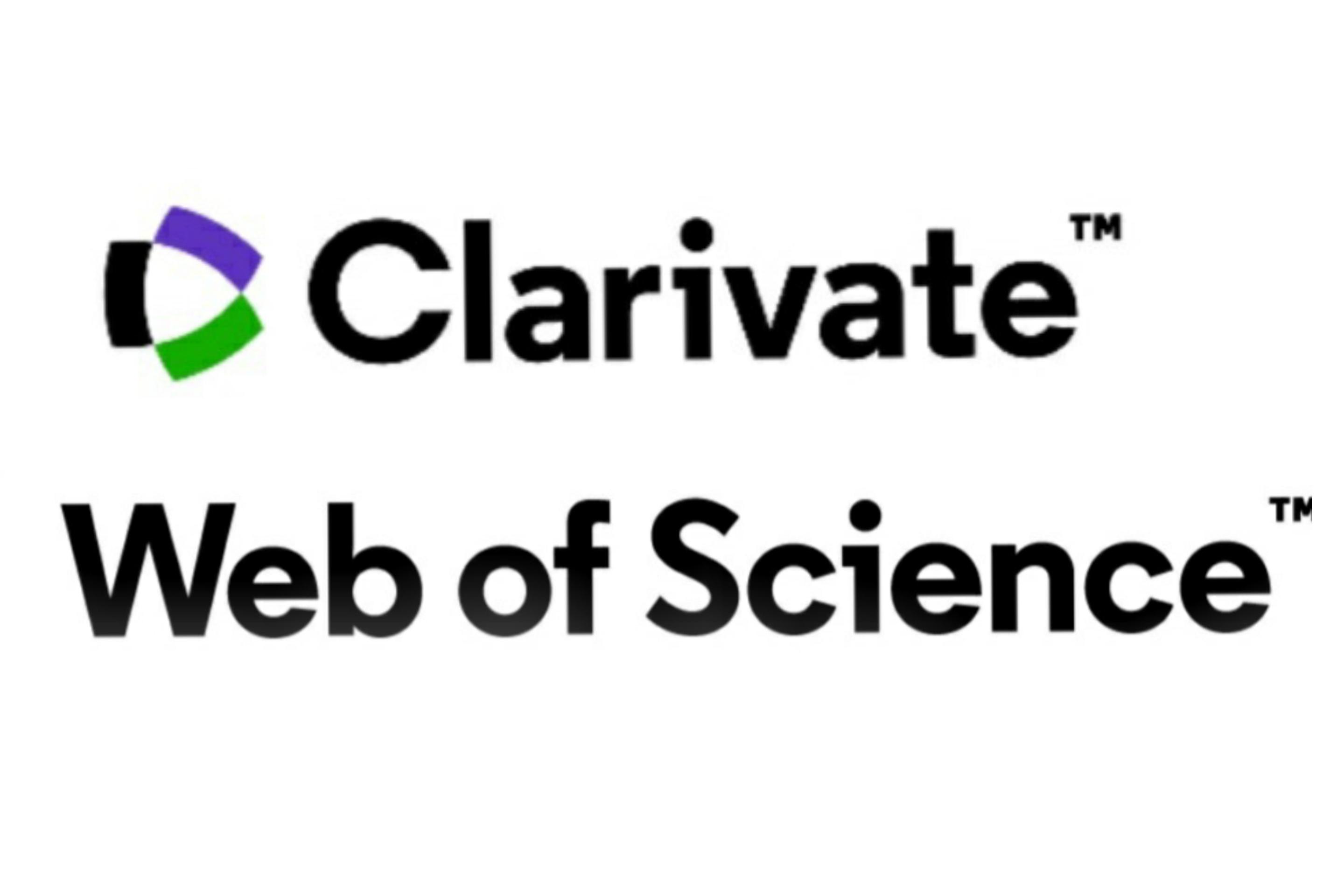About the cognitive and contradictions environmental universe
DOI:
https://doi.org/10.26577/RCPh.2020.v73.i2.11Keywords:
ресми ғылым, ішкі қайшылықтар, болжамдар, постулаттар, теориялар, базалық құраушылар, ақтаңлақтар, қоршаған әлем бейнесі.Abstract
Without science in modern society, its intellectual and industrial power, the security of the state, is impossible. Science has become an important criterion for the civilization and culture of nations. Scientific and technical development is the main trend of historical progress at the turn of the XX-XXI centuries. But the attitude towards science is twofold. The first direction expresses confidence in science. It is recognized as one of the main values of society and the dominant factor in the development of mankind. Proponents of the second direction criticize science for mistakes, see it as the main cause of crisis, environmental and social global problems. They believe that science is limited in its ability to solve the main and acute problems of social development. The roots of both directions have an objective basis. Therefore, today science is perceived in society ambiguously: on the one hand, with trust, hope and optimism, and on the other, with distrust and pessimism. But it is obvious that science cannot do without society in the 21st century. In light of this, the problems discussed and raised within the framework of this work did not arise from scratch and reflect the own views of its authors.
References
2 L.A. Mukatov, Metodologiya nauchnoy deyatel'nosti, (Moscow, Vysshaya shkola, 2002). (in Russ).
3 A.N. Lorgin, Metody i formy nauchnogo poznaniya, (Moscow, Logos, 2009). (in Russ).
4 E.V. Ostrovskiy Istoriya i filosofiya nauki, (Moscow, YUNITI, 2007), 161 s. (in Russ).
5 Sovremennaya filosofiya nauki: khrestomatiya, (Moscow, Logos, 1996), 400 s. (in Russ).
6 Pedagogicheskaya entsiklopediya, T.2., (Moscow, Logos, 2009). (in Russ).
7 K.N. Pozdnyakov Metodika i metodologiya, (Moscow, Prosveshcheniye, 2005). (in Russ).
8 W. Heisenberg, The nature of elementary particles. In: Blum W., Dürr HP., Rechenberg H. (eds) Scientific Review Papers, Talks, and Books Wissenschaftliche Übersichtsartikel, Vorträge und Bücher. Gesammelte Werke, Collected Works, (Springer, Berlin, Heidelberg, vol B., 1984), p. 917-927.
9 Herman Suit, Physics contribution, 87 (3), 555-561 (2013).
10 P. Zavada, Physics Letters B, 751, 525-531 (2015).
11 S.J. Brodsky, arXiv:hep-ph/0412101, (2004).
12 L. Santacroce, L. Bottalico, and I.A. Charitos, Medicines (Basel), 4(4), 92 (2017).
13 plato.stanford.edu/entries/democritus/ – Democritus. Stanford Encyclopedia of Philosophy.
14 plato.stanford.edu/entries/atomism-ancient/ – Ancient Atomism. Stanford Encyclopedia of Philosophy.
15 A.E. Emery, J Med Genet, 25(6), 422-426 (1988).
16 V.P. Milant'yev, Istoriya vozniknoveniya kvantovoy mekhaniki i razvitiye predstavleniy ob atome, (Moscow, Knizhnyy dom «LIBROKOM», 2009), 248 c. (in Russ).
17 E. Fermi, Lektsii po atomnoy fizike, (Moscow, IL, 1952), 124 s. (in Russ).
18 T.N. Frolova, T.V Shashchurina, Vestnik Moskovskogo universiteta MVD Rossii, 4, 298-301 (2018).
19 N.M. Morozova, Vestnik Voronezhskogo instituta MVD Rossii, 4, 120-123 (2014).
20 N.L. Khudyakova, Vestnik Chelyabinskogo Gos.universiteta, 4 (400), 69-75 (2017).
21 E.G. Yudin, Sistemnyy podkhod i printsip deyatel'nosti, (Moscow, Nauka, 1978), 391 s. (in Russ).
22 A.N. Kochergin, Metody i formy poznaniya, (Moscow, Nauka, 1990), 76 s. (in Russ).
23 V.V. Krayevskiy Metodologiya nauchnogo issledovaniya, (S-Pb., 2001), 146 s. (in Russ).
24 K.M. Mukashev Fizika medlennykh pozitronov i pozitronnaya spektroskopiya, (Almaty, 2011), 512 s. (in Russ).
25 V.V. Krayevskiy, Metodologiya pedagogicheskogo issledovaniya, (Samara: Izd. Sam.GPI, 1994), 165 s. (in Russ).
26 V.V. Krayevskiy, V.M. Polonskiy, Metodologiya dlya pedagoga: teoriya i praktika, (Volgograd, Peremena, 2001), 323 s. (in Russ).
27 V.S. Lednev, Soderzhaniye obshchego srednego obrazovaniya. Problemy i struktura, (Moscow Pedogogika, 1980), 264 s. (in Russ).
28 N.A. Masyukova, Proyektirovaniye v obrazovanii, (Minsk, Tekhnoprint, 1999), 288 s. (in Russ).
29 A.M. Novikov, Rossiyskoye obrazovaniye v novoy epokhe, (Moscow, Egves, 2005). (in Russ).
30 A.A. Gorelov, Kontseptsiya sovremennogo yestestvoznaniya, (Moscow, Tsentr, 2007), 335 s. (in Russ).













